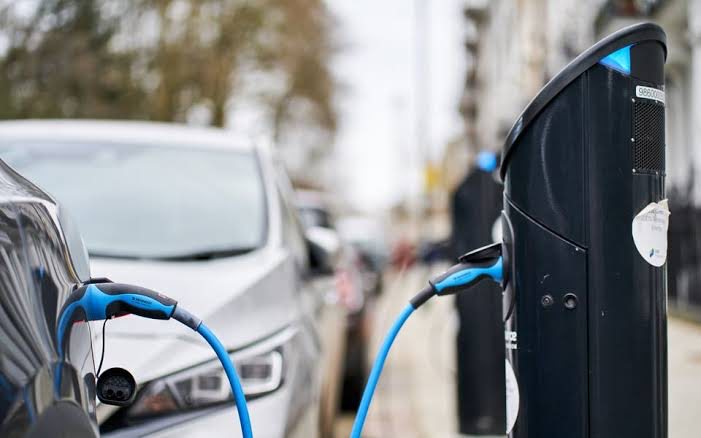Kenya has made a significant leap towards green transportation with the unveiling of its first Electric Mobility (e-mobility) Draft Policy in Nairobi. This groundbreaking policy aims to spearhead the transition from conventional internal combustion engine (ICE) vehicles to electric mobility across road, rail, air, and maritime transport sectors. As one of Africa’s front-runners in green mobility, Kenya’s initiative reflects a comprehensive strategy to embrace and foster the development of electric vehicles (EVs) and infrastructure, marking a pivotal moment in the country’s transport evolution.
Central to the policy are innovative recommendations, such as the introduction of green-colored number plates for EVs, including two-wheelers, to boost awareness and encourage the shift towards e-mobility. The Kenyan government, under the guidance of Cabinet Secretary for Roads and Transport, Kipchumba Murkomen, has articulated a vision that includes establishing charging stations at key locations, starting with Transcom House, the Ministry of Roads and Transport’s headquarters. This initiative aligns with the broader plan to integrate e-mobility into Kenya’s urban fabric and enhance the national energy framework.
One of the critical aspects of the e-mobility policy is its approach to managing peak and off-peak energy demands. By promoting nighttime charging of EVs, the policy aims to leverage the existing energy gap, optimizing the use of daily curtailed energy. This strategy could potentially power thousands of electric buses and motorcycles, significantly reducing emissions, lowering operating costs, and decreasing Kenya’s reliance on imported fuels. Furthermore, the initiative is expected to catalyze the creation of green jobs, contributing to a more sustainable and self-sufficient economy.
During the public participation phase, Cabinet Secretary Murkomen encouraged Kenyans to engage with the draft policy and provide constructive feedback to refine and enhance its provisions. This collaborative effort was bolstered by the formation of a 15-member Task Force last August, dedicated to the establishment of the e-mobility policy, with support from the German Corporation for International Cooperation (GIZ).
The Task Force, led by Chairman Daniel Ngumy, has outlined several key objectives of the draft policy. These objectives include the development of a comprehensive framework to promote the adoption of e-mobility, local manufacturing of electric vehicles, enhancement of infrastructural capacity, and improvement of technical skills within the e-mobility sector. Principal Secretary State Department for Transport, Mohamed Daghar, highlighted e-mobility’s potential to unlock new job opportunities, particularly for the youth, underscoring the transformative impact of this policy on Kenya’s socio-economic landscape.
Kenya’s e-mobility draft policy represents a forward-thinking approach to addressing contemporary transportation challenges while aligning with global sustainability goals. By fostering the adoption of electric vehicles, building necessary infrastructure, and encouraging local manufacturing and skill development, Kenya is setting a precedent for green mobility in Africa. This initiative not only promises environmental benefits but also positions Kenya as a leader in the transition to a greener, more sustainable future in transportation, echoing the country’s commitment to innovation and progress in the face of global climate challenges.
Source: ESI Africa



